This afternoon, the National Assembly discussed the draft Law on Participation in United Nations Peacekeeping Forces.
Speaking to clarify the opinions of some National Assembly deputies, General Phan Van Giang, Minister of National Defense, said that in 2012, Vietnam began to go to the field to build forces to participate in UN peacekeeping operations. By 2014, the first two Vietnamese officers to join the UN peacekeeping force were Lieutenant Colonel Mac Duc Trong and Lieutenant Colonel Tran Nam Ngan, who were on duty in South Sudan.
By 2018, Vietnam sent medical forces, and by 2022, engineering forces to participate in three missions in the Central African Republic and South Sudan.
South Sudan is one of the world's youngest nations, having broken away from Sudan after years of civil war. The Defense Minister spoke of the country's infrastructure and material difficulties, and how difficult life is for people in the South Sudanese capital, Juba.
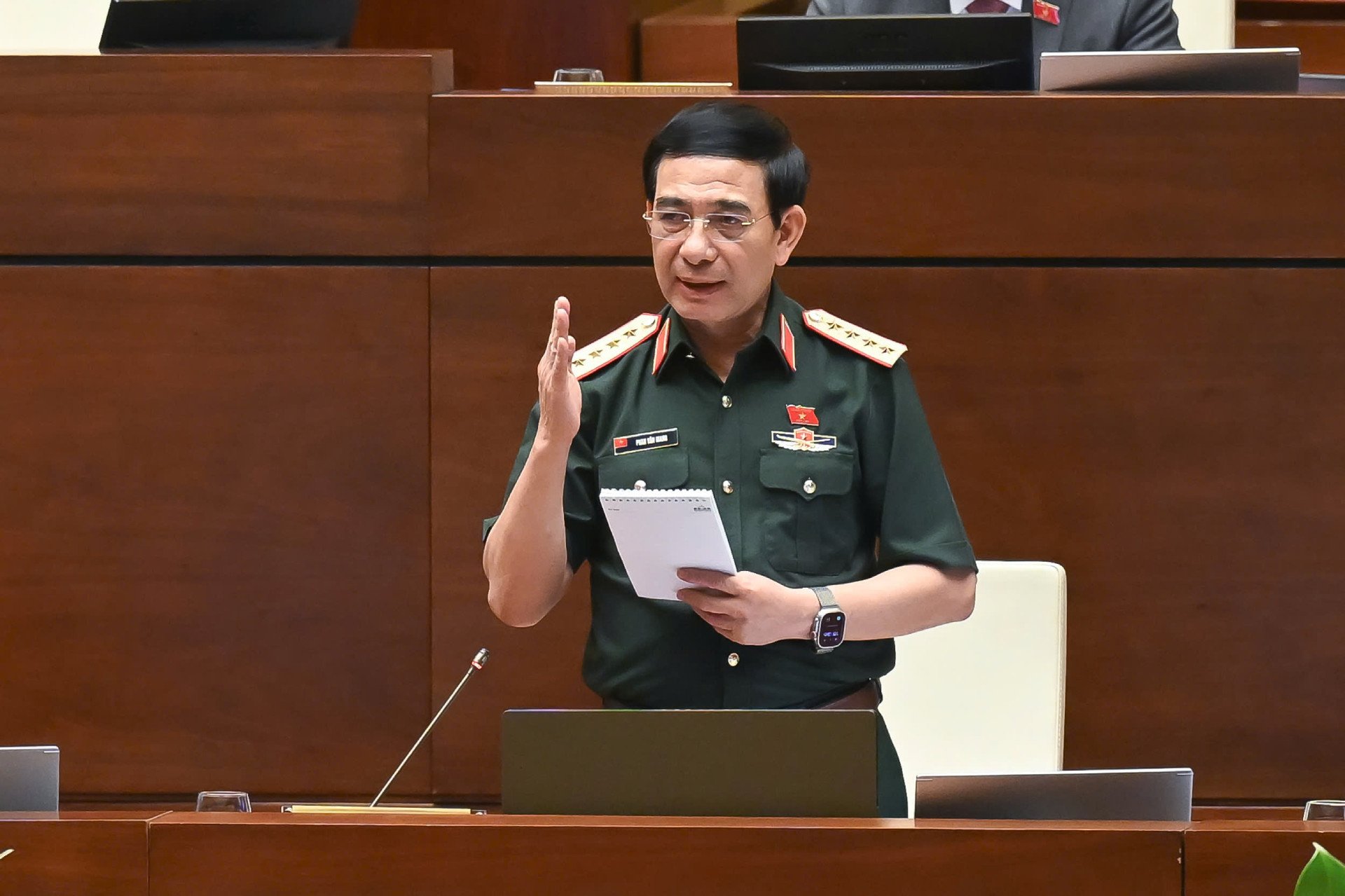
"Our decision to register to join the peacekeeping force demonstrates our responsibility as a member of the United Nations. We are determined to 'come late but cannot be late'," General Phan Van Giang stated.
Vietnam has sent more than 1,000 officers and soldiers to participate. By this September, the Vietnamese Army will send the Medical Corps of the Level 2 Field Hospital for the 7th time, and the Engineering Corps for the 6th time, "we are participating very actively".
Vietnam sent many female soldiers to participate, some of them went twice and completely volunteered.
The Minister of Defense said that member countries in the United Nations mission work according to the mission's assignment. However, Vietnamese peacekeepers also proactively do mass mobilization work, build schools, teach, help people, and during the Covid-19 pandemic, sew masks to give to people... The Minister shared that these are tasks outside of assigned tasks and forces of other countries basically do not participate. For Vietnam, both engineers and military medics participate. These activities build trust and leave a deep impression on local people.
"Comrade Mac Duc Trong has been on peacekeeping missions three times. When he returned, he reported to me that he regretted not being able to finish building the house for the teacher, even though he had the materials. The materials were wooden crates and wooden boxes that the Vietnamese forces transported. Those were the main materials to build the house," the Minister cited the difficulties and hardships of the local people and the concerns of the Vietnamese soldiers.
Some delegates proposed policies for peacekeeping forces, the Minister said he would accept and supplement them. He expressed his gratitude, recognition, and affection of the National Assembly delegates for the peacekeeping forces.
The Minister shared about the difficulties when participating in the mission, such as the first time the military medical force went to the field, examined the people there and found out that they had many diseases. If examined, it was very easy to get infected while before there were no policies or regulations for these risks. The Minister emphasized the need to promulgate the law.
"Especially female soldiers, after completing their missions and returning, were promoted to military rank ahead of schedule and given priority in job arrangements. There was a female soldier who joined the Executive Committee of the Vietnam Women's Union, and currently holds the position of Deputy Head of the Military Women's Committee... There was a very young female officer who was a captain when she left and was promoted to major ahead of schedule...", the Minister cited.
He said the officers joining the force had to go through a lot of hardship, basically all had malaria and endured very harsh weather and climate.
The United Nations has asked Vietnam to send more forces to participate, so this law is being built to institutionalize the sending of more civilian forces to participate in peacekeeping operations. However, the Minister said that each officer's term only lasts two years, and even if they do well, they can only do so within the prescribed time. "There are not many who can extend their mission to the third year. Vietnamese officers basically complete their mission for two years, which is a great effort by the armed forces."
Up to now, Vietnam has also helped other countries, including Laos, to have peacekeeping forces.
Regarding the budget, Minister Phan Van Giang said that the state budget ensures training and equipment purchases in the country. When soldiers leave the country, all costs, regimes and policies will be guaranteed by the United Nations.
With the outstanding policies that prioritize women when participating in peacekeeping proposed by National Assembly delegates, the Minister once again affirmed that he would take them into account to perfect the draft law: "It must be said that this force has to work one hard in the country, but seven, eight, sometimes even ten times harder abroad."
Source: https://vietnamnet.vn/bo-truong-quoc-phong-trai-long-ve-vat-va-voi-nu-quan-nhan-gin-giu-hoa-binh-2412032.html


![[Photo] General Secretary To Lam chairs the meeting of the Central Steering Committee on preventing and combating corruption, waste and negativity](https://vphoto.vietnam.vn/thumb/1200x675/vietnam/resource/IMAGE/2025/9/29/fb2a8712315d4213a16322588c57b975)
![[Photo] Many streets in Hanoi were flooded due to the effects of storm Bualoi](https://vphoto.vietnam.vn/thumb/1200x675/vietnam/resource/IMAGE/2025/9/29/18b658aa0fa2495c927ade4bbe0096df)
![[Photo] General Secretary To Lam attends the ceremony to celebrate the 80th anniversary of the post and telecommunications sector and the 66th anniversary of the science and technology sector.](https://vphoto.vietnam.vn/thumb/1200x675/vietnam/resource/IMAGE/2025/9/29/8e86b39b8fe44121a2b14a031f4cef46)

![[Photo] National Assembly Chairman Tran Thanh Man chairs the 8th Conference of full-time National Assembly deputies](https://vphoto.vietnam.vn/thumb/1200x675/vietnam/resource/IMAGE/2025/9/29/2c21459bc38d44ffaacd679ab9a0477c)
![[Photo] General Secretary To Lam receives US Ambassador to Vietnam Marc Knapper](https://vphoto.vietnam.vn/thumb/1200x675/vietnam/resource/IMAGE/2025/9/29/c8fd0761aa184da7814aee57d87c49b3)
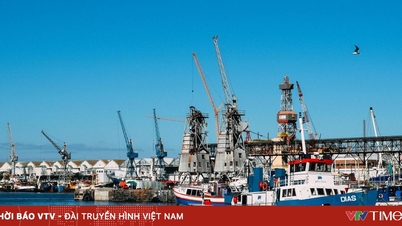


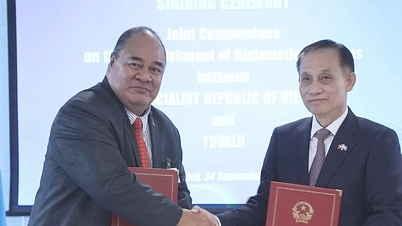


![[Photo] President visits Vietnam's Permanent Mission to the United Nations](https://vphoto.vietnam.vn/thumb/402x226/vietnam/resource/IMAGE/2025/9/24/b97c02dea2634eb38b94b1d6145671e3)

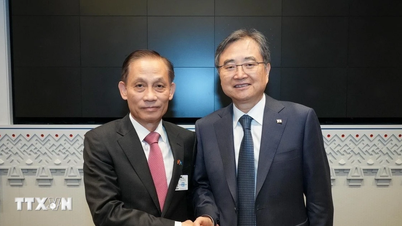



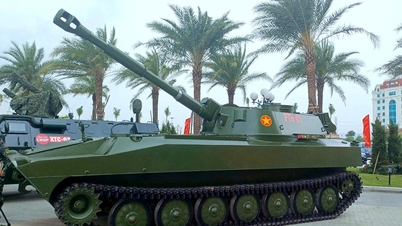
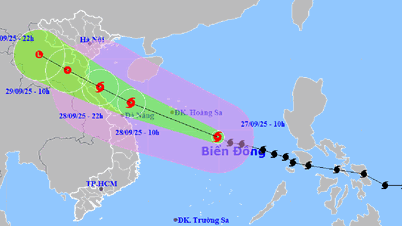
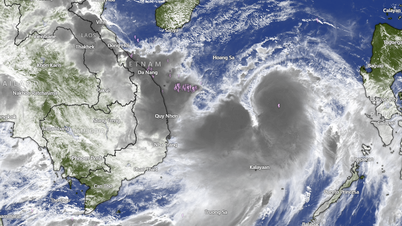
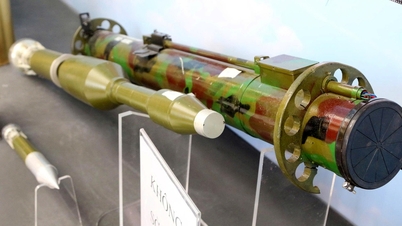






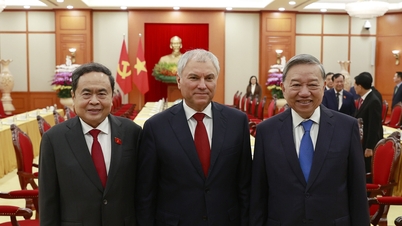

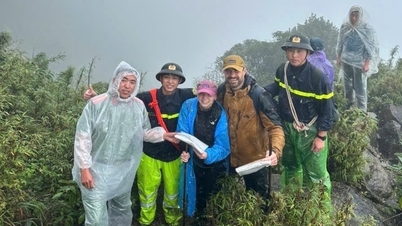
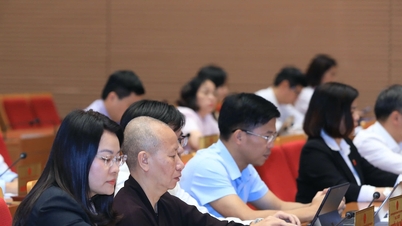
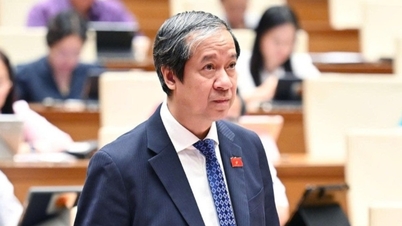














































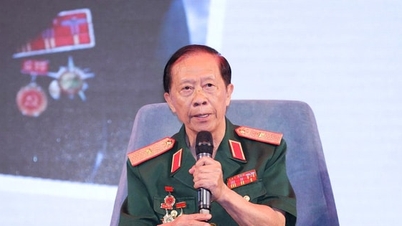



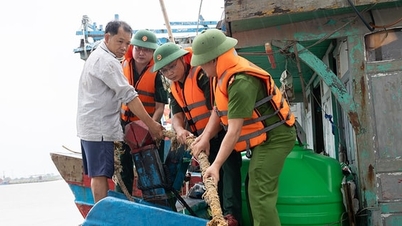
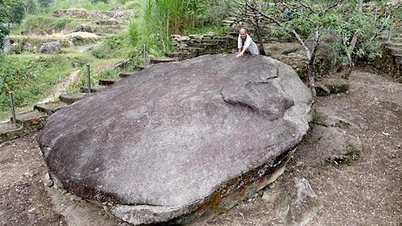

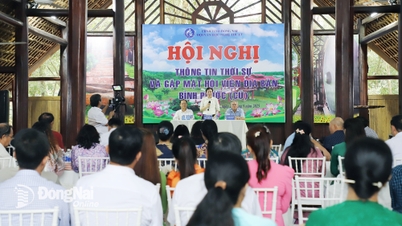









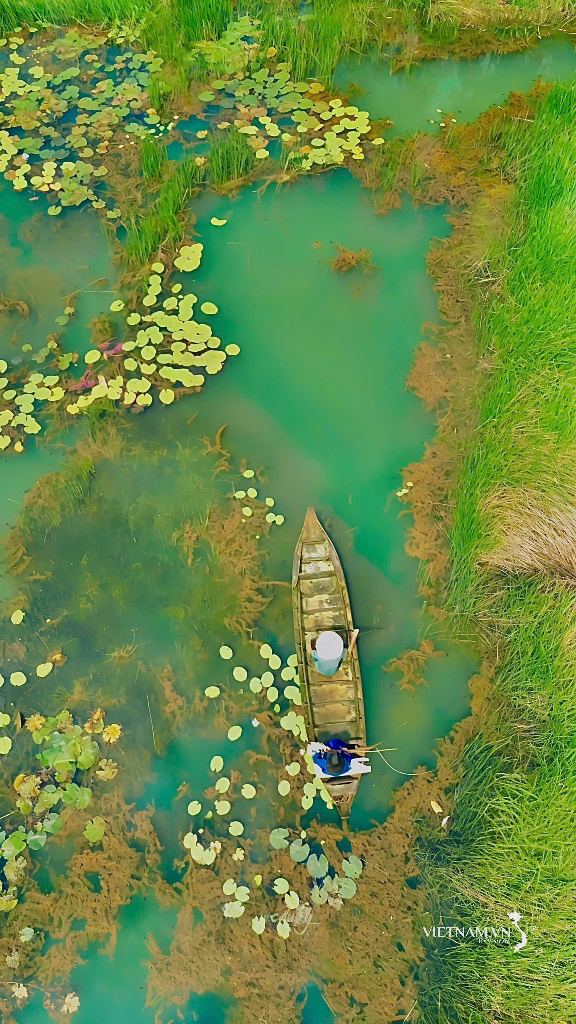



Comment (0)